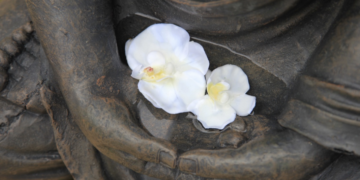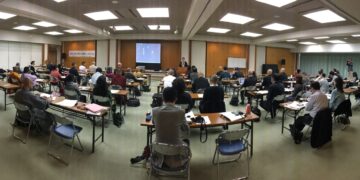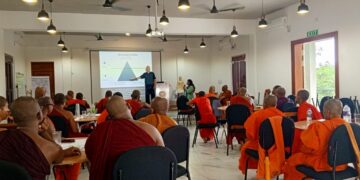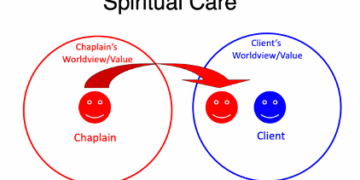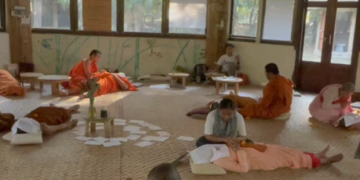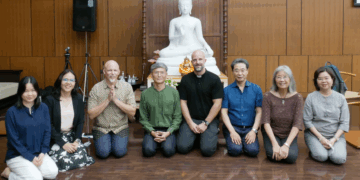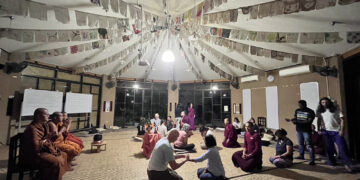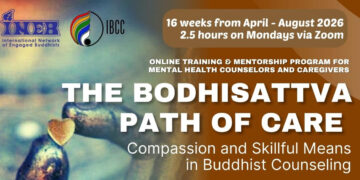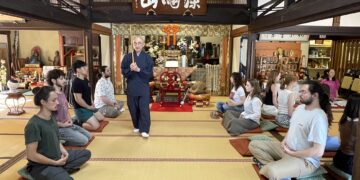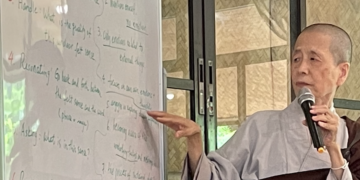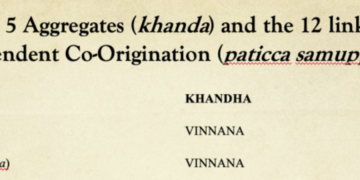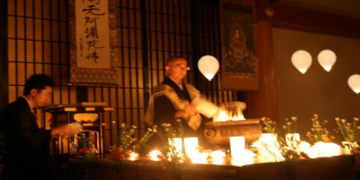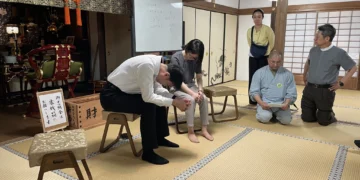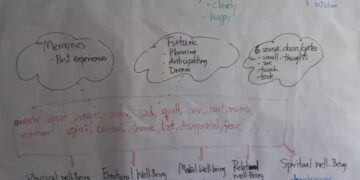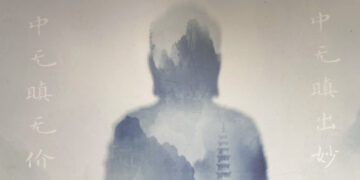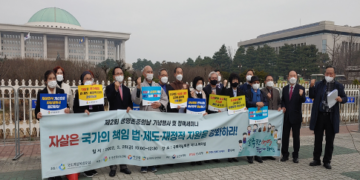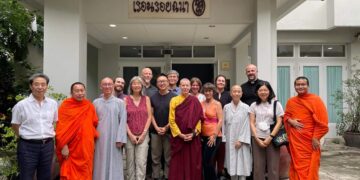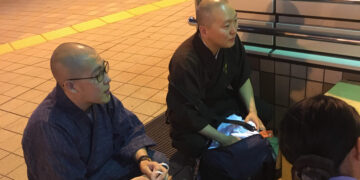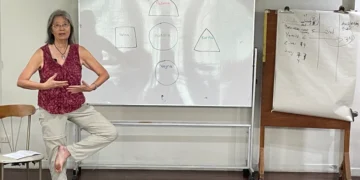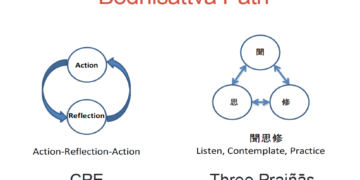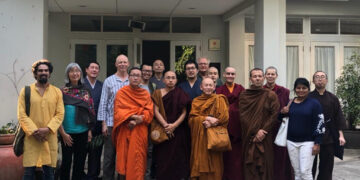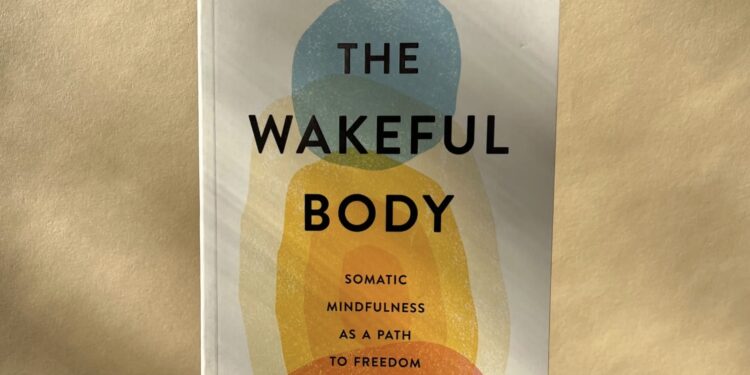Baker, Willa Blythe The Wakeful Body: Somatic Mindfulness as a Path to Freedom (Shambhala, 2021) pp. 208.
An excerpt from the Introduction chapter: The map for waking down that I rely on in this book is based on how I folded these yogic teachings (tantric teachings) into my own practice relying on a schema of the kayas (bodies) as they appear in yogic contexts – especially commentaries on the subtle body. In esoteric sources such as these, the kayas are not exactly distinct “bodies” but rather layers of embodiment. These layers are distinguishable withing human experience but not ultimately separable. This book intends to help you explore this yogic theory of layered embodiment experiential by diving down into three layers of embodiment, each deeper and subtler than the last. They are:
1. The Earth body
2. The Subtle body
3. The Awareness body
The three parts of this book explore these layers through turning attention to the physical, energetic, and mental dimensions of human experience. By diving into your body you find that you already have what you need. Concentration, wisdom, compassion, kindness, and joy are waiting there.
Jacobs, Beth The Original Buddhist Psychology: What the Abhidharma tells about how we think, feel, and experience life (North Atlantic Books, 2017) pp. 208.
Preface: This book is a story, and it contains a lot of information. It is also a story about using information, not for making points but for making sense. Within the course of this book, I am hoping that you will reorient, as I did, from a kind of ownership of information to a placement of yourself within it. The information in this book is about psychology and about Buddhism, but it doesn’t presuppose any prior knowledge of these topics beyond an interest in them. Mostly this book is about being a sentient human being and finding the heart of what is true about that and what has always been true about that.
When Buddhist texts use the word incomparable, they don’t mean “best” but “without a basis to begin to evaluate.” The Abhidharma is considered an incomparable body of observation. The Original Buddhist Psychology is meant to be an introduction and overview of this vast study. At times I will put the Abhidharma in a psychological context in order to provide an aperture for exploration and to highlight the ways the material can be personally useful.
The Buddhist view and the Western psychological view are like two different people pointing at the moon, and we want to understand the moon more than the fingers. Ultimately every idea has to go through the filter of your own experience. Every description is an effort to share what we have in common beyond words.
Lee, Kin Cheung The Guide to Buddhist Counseling (Routledge, 2022) pp. 216.
This book is the first to propose a theoretical orientation for counseling based on Early Buddhist teaching, and introduce it to counseling professionals for use in mental health treatment and practice. Lee begins his book by outlining the essential concepts required to understand the Buddhist view of human nature and the world. He presents the Buddhist counseling model and suggests practices for the spiritual advancement of counselors, including self-cultivation plans, contemplative exercises, and different types of meditation. Lastly, he discusses how to apply the model in assessment, conceptualization, and intervention, and uses several case examples to illustrate the actual process. As a go-to book in Buddhist counseling, this book is a valuable resource for Buddhist chaplains, counselors, and mental health professionals interested in using Buddhism in their clinical practice, as well as graduate students in religious studies and counseling.
In introducing a complete model of Buddhist counseling, three components will be offered and explained to the reader: (1) The essential Buddhist knowledge required to understand the Buddhist view of human nature and the world, (2) Buddhist practices for the spiritual advancement of counselors, and (3) A treatment model with assessment, conceptualization, and intervention. This book was written for a broad audience of mental health professionals, ranging from graduate students who have never been exposed to Buddhism or Buddhist counseling, to practitioners of Buddhist-informed treatments who hope to learn a new interpretation of Buddhist counseling. The language is straightforward, and case examples support the techniques to ensure the model is as practical as possible. Hopefully, this book can serve as a clear and solid first step into the world of Buddhist counseling.
Thondup, Tulku Boundless Healing: Meditation exercises to enlighten the mind and heal the body (Shambhala, 2001) pp. 216.
This book offers simple meditation techniques to awaken healing energies in the body and mind. Using Buddhist principles as a basis, Tulku Thondup has create a universal guide that anyone can use. It will benefit those who want to preserve good health as well as those who need comfort and relief from illness or mental distress. Boundless Healing offers:
1. Ways to employ the four healing powers: positive images, positive words, positive feelings, and positive belief
2. Detailed Healing exercises that can be done individually or as part of a 12-stage program
3. Exercises for dispelling anxiety
4. Healing prayers for the dying and the deceased, plus advice for helpers and survivors

